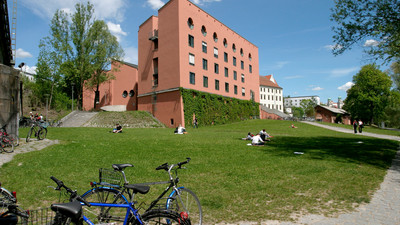The article has been published online before print in the journal Information, Communication & Society verfügbar. Its full abstract reads as follows:
Massive efforts have been dedicated to studying political search engine bias in democratic contexts, and a growing body of literature has scrutinized search engine censorship in authoritarian China. By contrast, very little is known still about political search engine bias within Russia’s slightly more open authoritarian media system. In order to fill in this gap, this study asks: How has Russia’s leading partially state-controlled search engine Yandex mediated a large-scale anti-regime protest event (anti-corruption protests on 26 March 2017) in the twenty months thereafter?
The study analyzes a data set of 30,471 results, retrieved in regular intervals for nine query terms from four platforms: Yandex.ru, News.yandex.ru, Google.ru, and News.google.ru. As the findings demonstrate, both Yandex algorithms (by comparison with their Google counterparts) referred users to significantly fewer websites that contained information about the protest event (reference bias). In a similar vein, both Yandex algorithms forwarded users to fewer websites that regularly featured criticism of Russia’s authoritarian leadership (source bias). Moreover, Yandex algorithms tended to be particularly biased in the event’s immediate aftermath. In the first week after the protests, for instance, the difference in reference ratios between Google and Yandex Web searches were massive (mean difference: 23% points), while they were less pronounced during the remaining time period studied (mean difference: 7% points). These findings are highly politically relevant because rapid diffusion of information about protest events can be considered of key importance to further protest mobilization.
Kravets, D. & Toepfl, F. (2021). Gauging reference and source bias over time: how Russia’s partially state-controlled search engine Yandex mediated an anti-regime protest event. Information, Communication & Society. DOI: 10.1080/1369118X.2021.1933563










